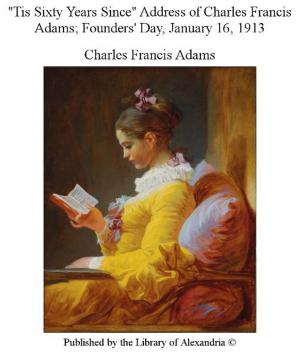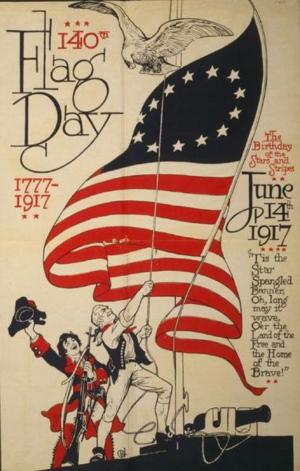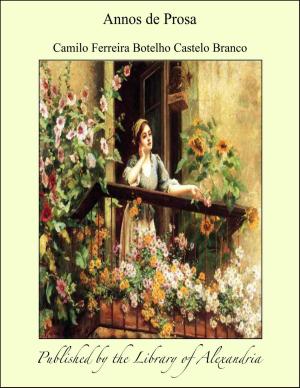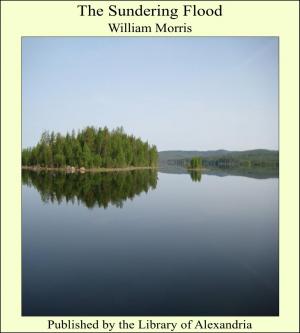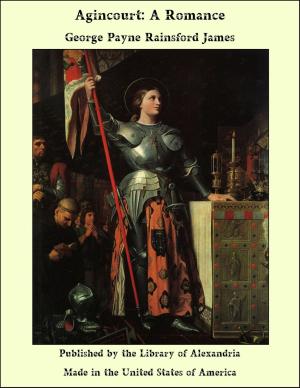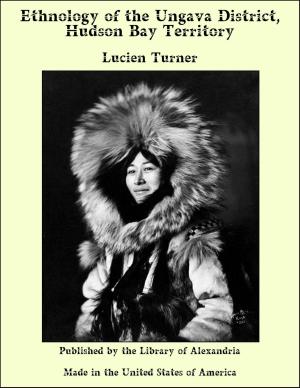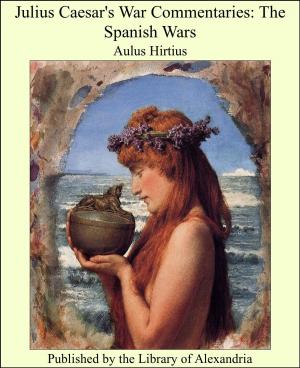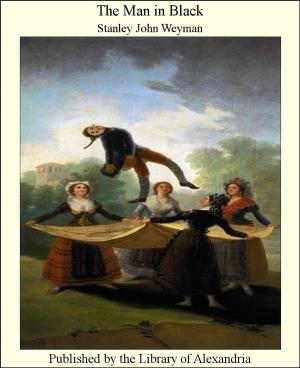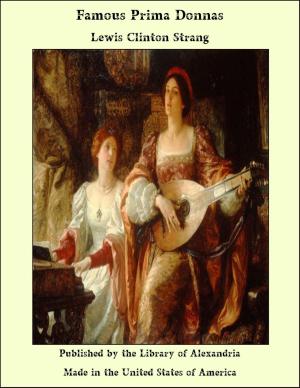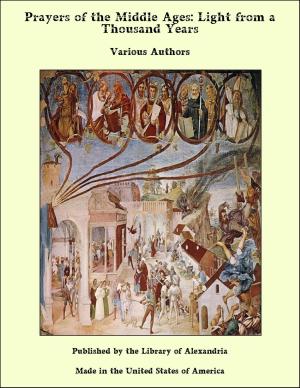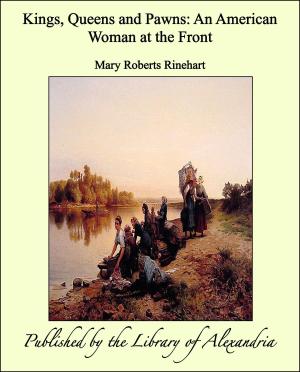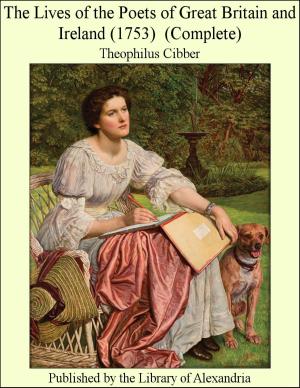| Author: | William Johnson Cory | ISBN: | 9781465526014 |
| Publisher: | Library of Alexandria | Publication: | March 8, 2015 |
| Imprint: | Language: | English |
| Author: | William Johnson Cory |
| ISBN: | 9781465526014 |
| Publisher: | Library of Alexandria |
| Publication: | March 8, 2015 |
| Imprint: | |
| Language: | English |
WILLIAM CORY (Johnson) was born at Torrington in Devonshire, on January 9, 1823. He was the son of Charles William Johnson, a merchant, who retired at the early age of thirty, with a modest competence, and married his cousin, Theresa Furse, of Halsdon, near Torrington, to whom he had long been attached. He lived a quiet, upright, peaceable life at Torrington, content with little, and discharging simple, kindly, neighbourly duties, alike removed from ambition and indolence. William Cory had always a deep love of his old home, a strong sense of local sanctities and tender associations. "I hope you will always feel," his mOther used to say, "wherever you live, that Torrington belongs to you." He said himself, in later years, "I want to be a Devon man and a Torrington man." His memory lingered over the vine-shaded verandah, the jessamine that grew by the balustrade of the steps, the broad-leaved myrtle that covered the wall of the little yard. The boy was elected on the foundation at Eton in 1832, little guessing that it was to be his home for forty years. He worked hard at school, became a first-rate classical scholar, winning the Newcastle Scholarship in 1841, and being elected Scholar of King's in 1842. He seems to have been a quiet, retiring boy, with few intimate friends, respected for his ability and his courtesy, living a self-contained, bookish life, yet with a keen sense of school patriotism—though he had few pleasant memories of his boyhood. Honours came to him fast at Cambridge. He won the Chancellor's English Medal with a poem on Plato in 1843, the Craven Scholarship in 1844. In those days Kingsmen did not enter for the Tripos, but received a degree, without examination, by ancient privilege. He succeeded to a Fellowship in 1845, and in the same year was appointed to a Mastership at Eton by Dr. Hawtrey. At Cambridge he seems to have read widely, to have thought much, and to have been interested in social questions. Till that time he had been an unreflecting Tory and a strong High Churchman, but he now adopted more Liberal principles, and for the rest of his life was a convinced Whig. The underlying principle of Whiggism, as he understood it, was a firm faith in human reason. Thus, in a letter of 1875, he represents the Whigs as saying to their adversaries, "You are in a majority now: if I were an ultra-democrat or counter of noses, I should submit to you as having a transcendental —sometimes called divine—right; if I were a redcap, I should buy dynamite and blow you up; if I were a Tory, I should go to church or to bed; as it is, I go to work to turn your majority into a minority. I shall do it by reasoning and by attractive virtue." He intended in his university days, and for some time after, to take Anglican Orders, though he had also some thought of going to the Bar; but he accepted a Mastership with much relief, with the hope, as he wrote in an early letter, "that before my time is out, I may rejoice in having turned out of my pupil-room perhaps one brave soldier, or one wise historian, or one generous legislator, or one patient missionary." The whole of his professional life, a period of twenty-seven years, was to be spent at Eton. No one who knew William Cory will think it an exaggeration to say that his mind was probably one of the most vigorous and commanding minds of the century. He had a mental equipment of the foremost order, great intellectual curiosity, immense vigour and many-sidedness, combined with a firm grasp of a subject, perfect clearness of thought, and absolute lucidity of expression
WILLIAM CORY (Johnson) was born at Torrington in Devonshire, on January 9, 1823. He was the son of Charles William Johnson, a merchant, who retired at the early age of thirty, with a modest competence, and married his cousin, Theresa Furse, of Halsdon, near Torrington, to whom he had long been attached. He lived a quiet, upright, peaceable life at Torrington, content with little, and discharging simple, kindly, neighbourly duties, alike removed from ambition and indolence. William Cory had always a deep love of his old home, a strong sense of local sanctities and tender associations. "I hope you will always feel," his mOther used to say, "wherever you live, that Torrington belongs to you." He said himself, in later years, "I want to be a Devon man and a Torrington man." His memory lingered over the vine-shaded verandah, the jessamine that grew by the balustrade of the steps, the broad-leaved myrtle that covered the wall of the little yard. The boy was elected on the foundation at Eton in 1832, little guessing that it was to be his home for forty years. He worked hard at school, became a first-rate classical scholar, winning the Newcastle Scholarship in 1841, and being elected Scholar of King's in 1842. He seems to have been a quiet, retiring boy, with few intimate friends, respected for his ability and his courtesy, living a self-contained, bookish life, yet with a keen sense of school patriotism—though he had few pleasant memories of his boyhood. Honours came to him fast at Cambridge. He won the Chancellor's English Medal with a poem on Plato in 1843, the Craven Scholarship in 1844. In those days Kingsmen did not enter for the Tripos, but received a degree, without examination, by ancient privilege. He succeeded to a Fellowship in 1845, and in the same year was appointed to a Mastership at Eton by Dr. Hawtrey. At Cambridge he seems to have read widely, to have thought much, and to have been interested in social questions. Till that time he had been an unreflecting Tory and a strong High Churchman, but he now adopted more Liberal principles, and for the rest of his life was a convinced Whig. The underlying principle of Whiggism, as he understood it, was a firm faith in human reason. Thus, in a letter of 1875, he represents the Whigs as saying to their adversaries, "You are in a majority now: if I were an ultra-democrat or counter of noses, I should submit to you as having a transcendental —sometimes called divine—right; if I were a redcap, I should buy dynamite and blow you up; if I were a Tory, I should go to church or to bed; as it is, I go to work to turn your majority into a minority. I shall do it by reasoning and by attractive virtue." He intended in his university days, and for some time after, to take Anglican Orders, though he had also some thought of going to the Bar; but he accepted a Mastership with much relief, with the hope, as he wrote in an early letter, "that before my time is out, I may rejoice in having turned out of my pupil-room perhaps one brave soldier, or one wise historian, or one generous legislator, or one patient missionary." The whole of his professional life, a period of twenty-seven years, was to be spent at Eton. No one who knew William Cory will think it an exaggeration to say that his mind was probably one of the most vigorous and commanding minds of the century. He had a mental equipment of the foremost order, great intellectual curiosity, immense vigour and many-sidedness, combined with a firm grasp of a subject, perfect clearness of thought, and absolute lucidity of expression


